“Woe to you.” Those words are hard to hear under the best of circumstances, but imagine hearing them from the man people are calling the Son of God. The scribes and Pharisees are the clear antagonists in the story of the Gospels; they are the ones, after all, who would seek to have Jesus arrested and executed. We can sit from our centuries-later vantage point and boo the bad guys who got it so wrong. A better idea though, is to take a moment to consider if their story is also ours.
The officials of Jesus’ time believed they were doing the right thing. They thought Jesus was a blasphemer, a dangerous fake who was leading the people astray. They knew the Word of God. They knew the law, and they believed the Messiah would come. So why didn’t they recognize Him? Perhaps what they had to lose had become greater than what they had to gain.
For so many who encountered God-made-flesh, the arrival of the Messiah was a very welcome step up out of their brokenness. The poor, the sick, and the lost were fed, healed and found. For the scribes and Pharisees, though, accepting this Messiah was a humbling step down from their authority.
If Jesus was who He said He was, then the scribes and Pharisees saw their power and influence falling away. These men had had the authority of God to guide His people, but in the wake of that privilege, they had become arrogant and lost their way. Slowly, subtly, left had become right, and up had become down. Swayed by their delight in their own holiness and superiority, the scribes and Pharisees had become blind to truth and susceptible to lies. Because of that distraction, the long-promised Savior had come, and they couldn’t see Him.
If Jesus came back today, could we?
Like the scribes and Pharisees, we know in our heads that the Messiah is coming. We proclaim it every Sunday: “He will come again in glory to judge the living and the dead, and his Kingdom will have no end.” But do our hearts really believe that it could be today?
Jesus will come again. He will — maybe 2,000 years from now, maybe 20 minutes after you read this, but He is coming. If it is today, will we have the humility to receive Him? Let us pray that we will.
When Jesus comes again, may we be ready. May we have eyes that see Him, ears that hear Him, and hearts that know Him, as we fall to our knees like Thomas himself, saying, “My Lord, and my God.” Then, rather than “woe to you” at his coming, we may hear “joy to you!”
“¡Ay de ustedes!” Esas palabras son difíciles de escuchar incluso en las mejores circunstancias, pero imagínense oírlas del hombre al que la gente llama Hijo de Dios. Los escribas y fariseos son los claros antagonistas en la historia de los Evangelios; después de todo, ellos son quienes querían que Jesús fuera arrestado y ejecutado. Podemos sentarnos desde nuestra perspectiva, siglos después, y abuchear a los malvados que se equivocaron tanto. Sin embargo, es mejor pensar si su historia es también la nuestra.
Los funcionarios de la época de Jesús creían que hacían lo correcto. Pensaban que Jesús era un blasfemo, un impostor peligroso que estaba extraviando al pueblo. Conocían la Palabra de Dios. Conocían la ley y creían que el Mesías vendría. Entonces, ¿por qué no lo reconocieron? Quizás lo que tenían que perder se había vuelto mayor que lo que tenían que ganar.
Para muchos que se encontraron con Dios encarnado, la llegada del Mesías fue un grato paso adelante para salir de su quebrantamiento. Los pobres, los enfermos y los perdidos fueron alimentados, sanados y encontrados. Sin embargo, para los escribas y fariseos, aceptar a este Mesías fue un humillante paso atrás en cuanto a su autoridad.
Si Jesús era quien decía ser, entonces los escribas y fariseos vieron cómo su poder e influencia se desvanecían. Estos hombres habían tenido la autoridad de Dios para guiar a su pueblo, pero a raíz de ese privilegio, se habían vuelto arrogantes y se habían extraviado. Lenta y sutilmente, la izquierda se había convertido en derecha, y lo alto en bajo. Influenciados por el deleite en su propia santidad y superioridad, los escribas y fariseos se habían vuelto ciegos a la verdad y susceptibles a las mentiras. Debido a esa distracción, el Salvador prometido había llegado, y no podían verlo.
Si Jesús regresara hoy, ¿podríamos verlo nosotros?
Al igual que los escribas y fariseos, sabemos en nuestra mente que el Mesías viene. Lo proclamamos cada domingo: “De nuevo vendrá con gloria para juzgar a vivos y muertos, y su reino no tendrá fin”. Pero ¿creemos realmente en nuestro corazón que podría ser hoy?
Jesús volverá. Es un hecho—quizás dentro de 2000 años, quizás 20 minutos después de leer esta reflexión—, pero volverá. Si es hoy, ¿tendremos la humildad de recibirlo? Le pedimos a Dios que así sea.
Cuando Jesús regrese, que estemos preparados. Que tengamos ojos que lo vean, oídos que lo escuchen y corazones que lo conozcan, al caer de rodillas como el mismo Tomás, diciendo: “¡Señor mío y Dios mío!”. Entonces, en lugar de “¡Ay de ustedes!” a su venida, podremos oír “¡Alégrense!”
 Pamela Kavanaugh is a grateful wife, mother, and grandmother who has dedicated her professional life to Catholic education. Though she has done her very best to teach her students well in the subjects of language and religion, she knows that she has learned more than she has taught. She lives, teaches, and writes in southwest suburban Chicago.
Pamela Kavanaugh is a grateful wife, mother, and grandmother who has dedicated her professional life to Catholic education. Though she has done her very best to teach her students well in the subjects of language and religion, she knows that she has learned more than she has taught. She lives, teaches, and writes in southwest suburban Chicago.
Feature Image Credit: James Tissot, art.diocesan.com/stock-photo/curses-against-the-pharisees-1346/
The views and opinions expressed in the Inspiration Daily blog are solely those of the original authors and contributors. These views and opinions do not necessarily represent those of Diocesan, the Diocesan staff, or other contributors to this blog.
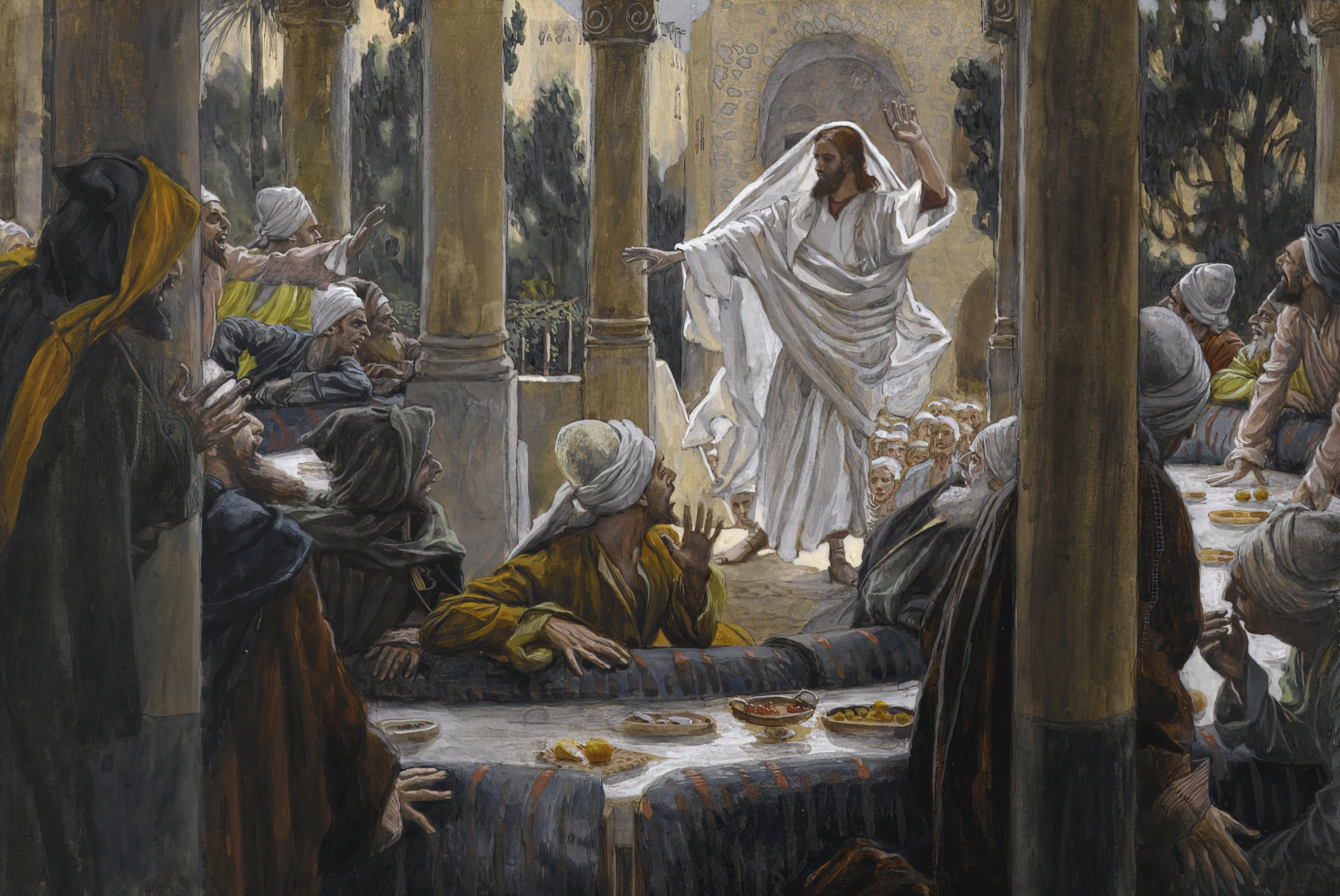



 Former NPS Park Ranger, Catholic educator, and Youth Minister, Melissa Lucca now spends her days evangelizing family and neighbors as a stay-at-home mom. She holds an MA in Theology from the Augustine Institute and pursues personal study in her spare time. Melissa loves Ignatian Spirituality, Mother Mary, and rock climbing. If you don’t hear her and her kiddo laughing at home, then they are probably out on an adventure!
Former NPS Park Ranger, Catholic educator, and Youth Minister, Melissa Lucca now spends her days evangelizing family and neighbors as a stay-at-home mom. She holds an MA in Theology from the Augustine Institute and pursues personal study in her spare time. Melissa loves Ignatian Spirituality, Mother Mary, and rock climbing. If you don’t hear her and her kiddo laughing at home, then they are probably out on an adventure!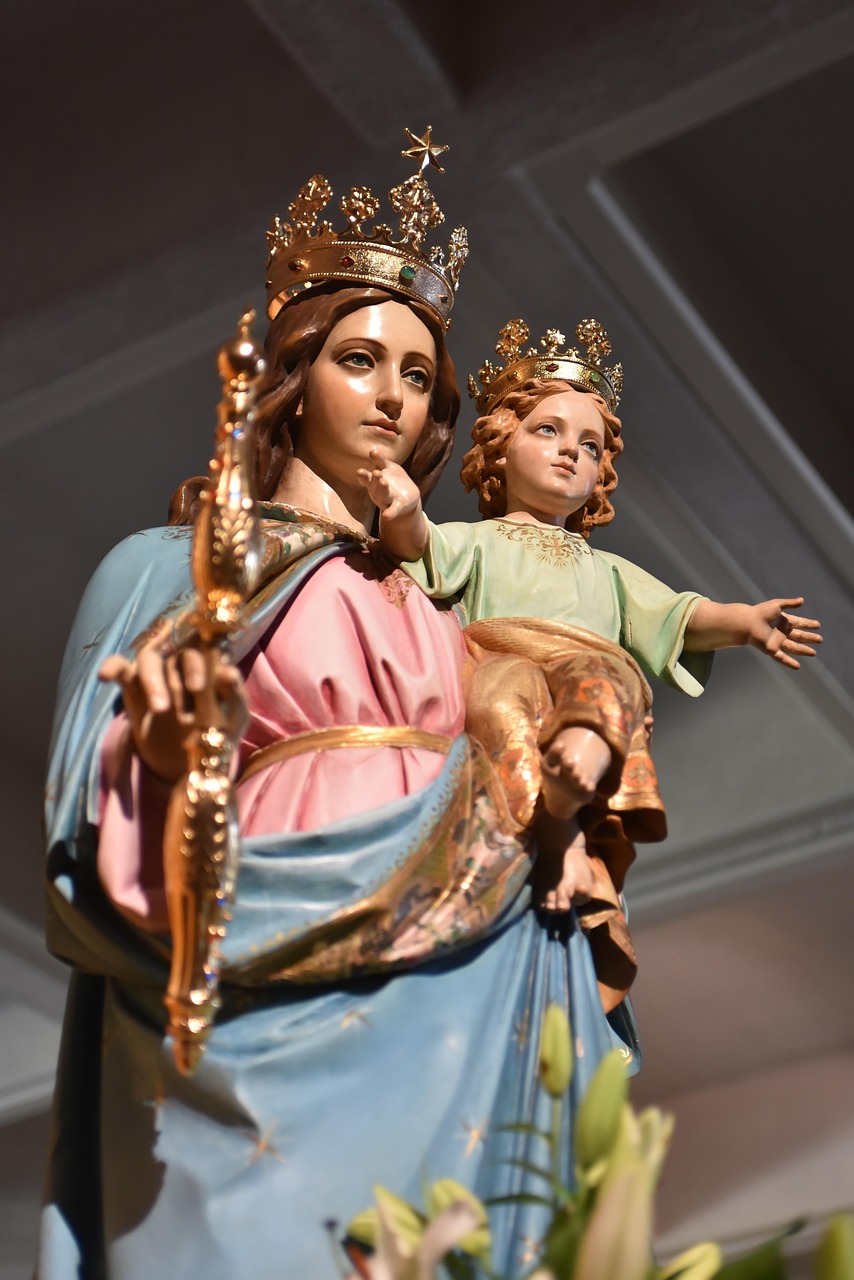
 Kathryn Mulderink, MA, is married to Robert, Station Manager for Holy Family Radio. Together they have seven children (including Father Rob), and eleven grandchildren. She is President of the local community of Secular Discalced Carmelites and has published five books and many articles. Over the last 30 years, she has worked as a teacher, headmistress, catechist, Pastoral Associate, and DRE, and as a writer and voice talent for Catholic Radio. Currently, she serves the Church by writing and speaking, and by collaborating with various parishes and to lead others to encounter Christ and engage their faith. Her website is
Kathryn Mulderink, MA, is married to Robert, Station Manager for Holy Family Radio. Together they have seven children (including Father Rob), and eleven grandchildren. She is President of the local community of Secular Discalced Carmelites and has published five books and many articles. Over the last 30 years, she has worked as a teacher, headmistress, catechist, Pastoral Associate, and DRE, and as a writer and voice talent for Catholic Radio. Currently, she serves the Church by writing and speaking, and by collaborating with various parishes and to lead others to encounter Christ and engage their faith. Her website is 
 Merridith Frediani loves words and is delighted by good sentences. She also loves Lake Michigan, dahlias, the first sip of hot coffee in the morning, millennials, and playing Sheepshead with her husband and three kids. She writes for Catholic Mom, Diocesan.com, and her local Catholic Herald. Her first book Draw Close to Jesus: A Woman’s Guide to Adoration is available at Our Sunday Visitor and Amazon. You can learn more at
Merridith Frediani loves words and is delighted by good sentences. She also loves Lake Michigan, dahlias, the first sip of hot coffee in the morning, millennials, and playing Sheepshead with her husband and three kids. She writes for Catholic Mom, Diocesan.com, and her local Catholic Herald. Her first book Draw Close to Jesus: A Woman’s Guide to Adoration is available at Our Sunday Visitor and Amazon. You can learn more at 
 Mike Karpus is a regular guy. He grew up in Michigan’s Upper Peninsula, graduated from Michigan State University and works as an editor. He is married to a Catholic school principal, raised two daughters who became Catholic school teachers at points in their careers, and now relishes his two grandchildren, including the older one who is fascinated with learning about his faith. He also has served on a Catholic school board, a pastoral council and a parish stewardship committee. He currently is a lector at Mass, a Knight of Columbus, Adult Faith Formation Committee member and a board member of the local Habitat for Humanity organization. But mostly he’s a regular guy.
Mike Karpus is a regular guy. He grew up in Michigan’s Upper Peninsula, graduated from Michigan State University and works as an editor. He is married to a Catholic school principal, raised two daughters who became Catholic school teachers at points in their careers, and now relishes his two grandchildren, including the older one who is fascinated with learning about his faith. He also has served on a Catholic school board, a pastoral council and a parish stewardship committee. He currently is a lector at Mass, a Knight of Columbus, Adult Faith Formation Committee member and a board member of the local Habitat for Humanity organization. But mostly he’s a regular guy.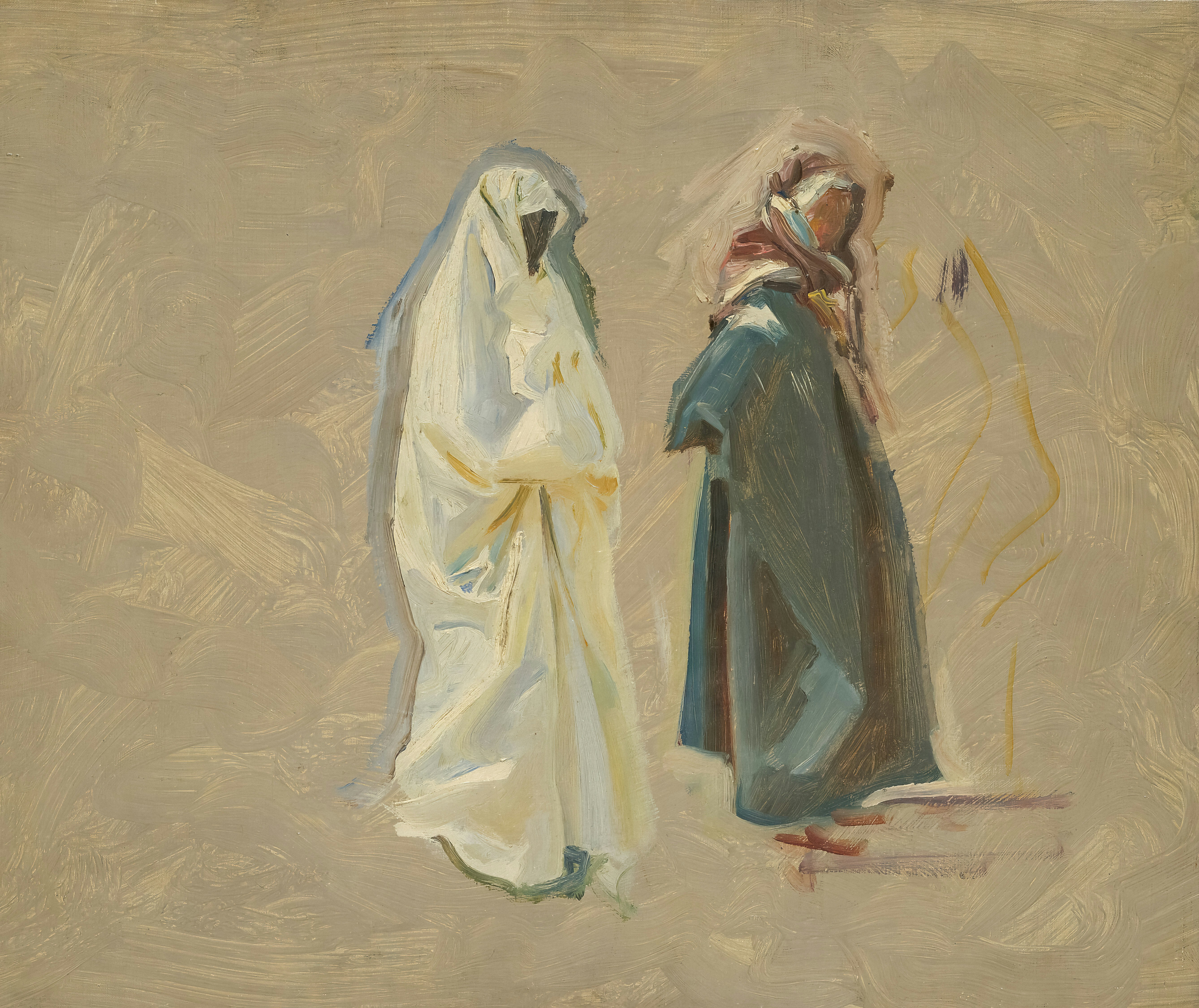
 Christine Arata is a San Francisco, California native. She lives a few blocks away from the ocean and a park. She finds nature inspiring. Her cat brings her comfort. She loves being creative not only with her writing but with almost everything, including her home cooking. Her studies in the Catholic faith are ongoing. In 2019, when she discovered St. Hildegard of Bingen was underrepresented by Catholics, she found a purpose. Her latest website, St. Hildegard’s Wisdom features blog posts about all of that:
Christine Arata is a San Francisco, California native. She lives a few blocks away from the ocean and a park. She finds nature inspiring. Her cat brings her comfort. She loves being creative not only with her writing but with almost everything, including her home cooking. Her studies in the Catholic faith are ongoing. In 2019, when she discovered St. Hildegard of Bingen was underrepresented by Catholics, she found a purpose. Her latest website, St. Hildegard’s Wisdom features blog posts about all of that: 
 Kate Taliaferro is an Air Force wife and mother. She is blessed to be able to homeschool, bake bread and fold endless piles of laundry. When not planning a school day, writing a blog post or cooking pasta, Kate can be found curled up with a book or working with some kind of fiber craft. Kate blogs at
Kate Taliaferro is an Air Force wife and mother. She is blessed to be able to homeschool, bake bread and fold endless piles of laundry. When not planning a school day, writing a blog post or cooking pasta, Kate can be found curled up with a book or working with some kind of fiber craft. Kate blogs at 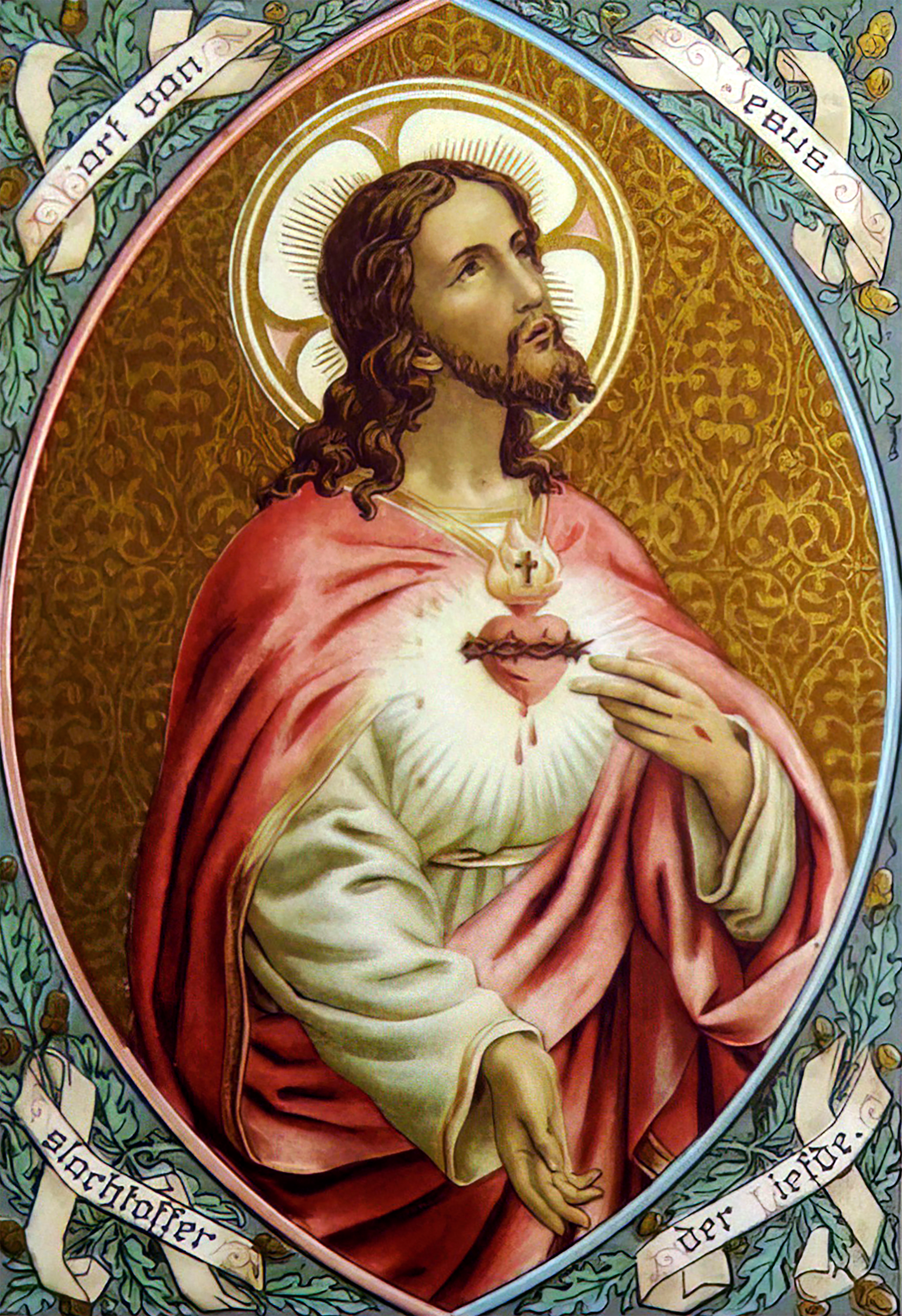
 Colleen Orchanian is a podcaster, blogger, and spiritual director who desires to help others have a more profound encounter with God. She is the author of three books: Nearer My God to Thee, Times of Grace, and Lingering with God. Her podcast is Food for Thought (Spiritually Speaking). You can learn more at
Colleen Orchanian is a podcaster, blogger, and spiritual director who desires to help others have a more profound encounter with God. She is the author of three books: Nearer My God to Thee, Times of Grace, and Lingering with God. Her podcast is Food for Thought (Spiritually Speaking). You can learn more at 
 Ben Hooper is originally from Maryland, having been adopted from Korea and growing up in the Catholic faith. He went to Franciscan University to dive deeper into his faith and eventually graduated with a degree in Business Management. He loves musical theater, sports, spending time with his wife Lily and their dog Kolbe.
Ben Hooper is originally from Maryland, having been adopted from Korea and growing up in the Catholic faith. He went to Franciscan University to dive deeper into his faith and eventually graduated with a degree in Business Management. He loves musical theater, sports, spending time with his wife Lily and their dog Kolbe.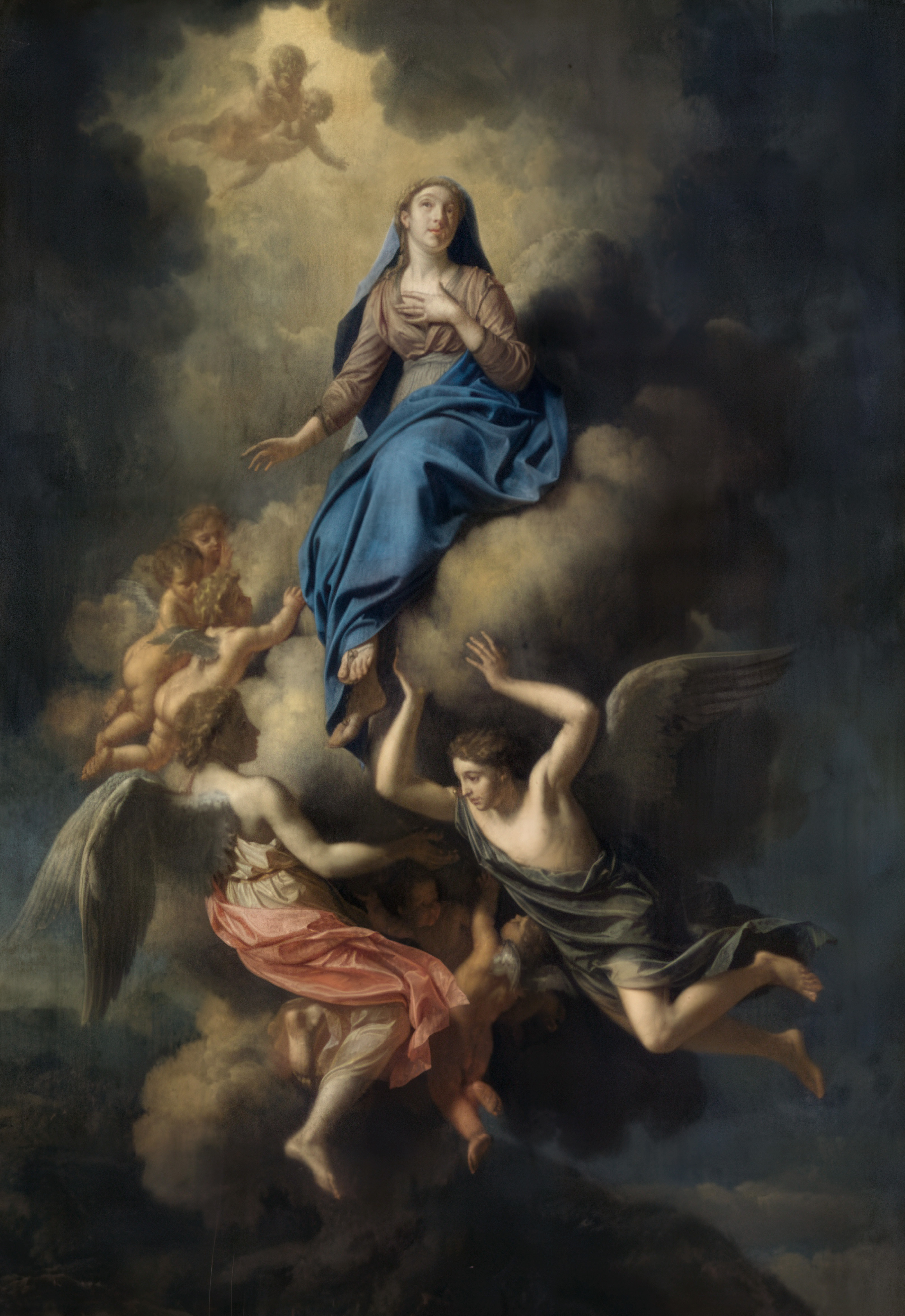

 Deanna G. Bartalini, M.Ed.; M.P.A., is a certified spiritual director, writer, speaker and content creator. The
Deanna G. Bartalini, M.Ed.; M.P.A., is a certified spiritual director, writer, speaker and content creator. The 